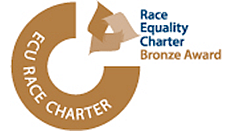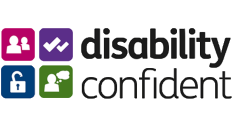The University continues to have a mature staff profile with 51% of staff aged 36-55 years, and only 5% staff under the age of 25. 54% of our academic staff and 47% of our professional staff fall within the same age (36-55). The majority (69.83%) of our students are aged between 18-25, and 9.56% aged over 40.
Advancing equality of opportunity
We will tackle inequality through identifying opportunities and addressing barriers faced by a diverse body of staff and students.
Our charter marks
The University of Hertfordshire holds a number of charter marks ensuring significant staff commitments to advancing EDI objectives.
Age
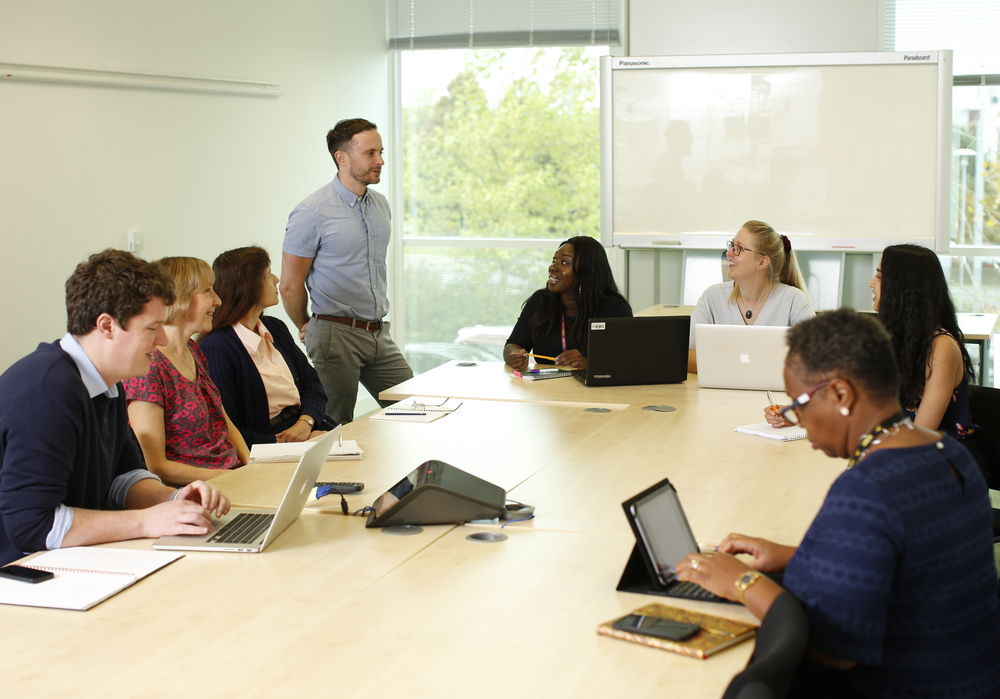
Disability
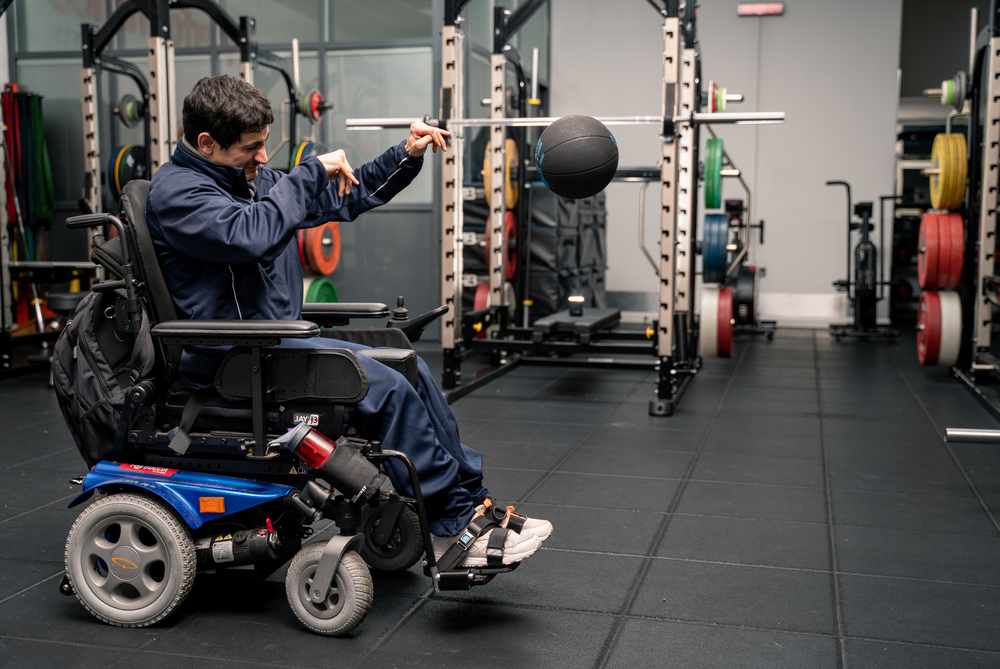
Student disability and wellbeing support
In 2019-20 the disability team supported 533 students with a range of difficulties and disabilities. Our students have reported that the support they receive means that they are able to fully access their studies and achieve their potential.
Student Autism and Asperger's Group
The Student Autism and Asperger’s Group was established 10 years ago to be a support for our students where they could come and share their experiences of life at the University and gain friendships.
"Like lots of students starting university I didn't know what to expect. I was nervous, excited, a whole lot of emotions. But for me having Autism Spectrum Disorder made these feelings seem more intense, I felt scared, anxious about fitting in and not having anyone who would understand me. That's where having the Autism Spectrum Disorder group made a huge difference to me. It allowed me to socialise with a group of people in different settings and go on activities that I may not have been able to do by myself. Speaking and listening to other people in the group who had similar experiences to me, made me feel part of the University. It gave me confidence to talk to other people at the University."
Quote from a student and member of the Student Autism and Asperger’s Group
Ethnicity
Ethnicity pay gap
In 2020 our median pay gap reduced from 11.49% to 11.11%. Recruiting more senior BAME staff will help to reduce the pay gap but this alone will not achieve the real change we want to see and therefore we have identified a number of initiatives to reduce this gap.
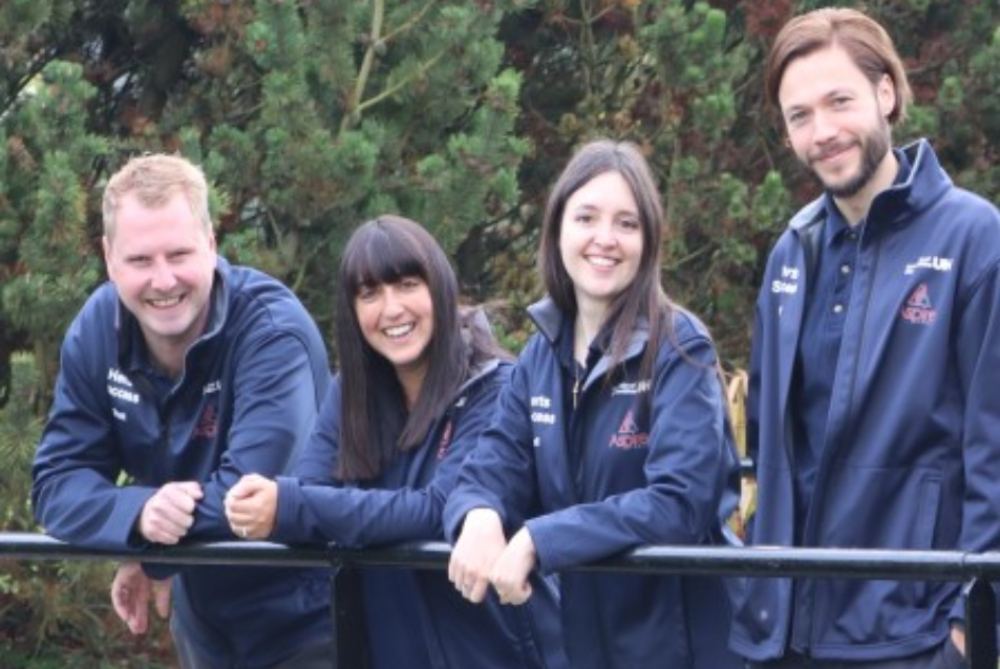
Widening Access and Student Success (WASS)
The WASS team actively recruits university student ambassadors and student mentors from a range of ethnic and widening participation backgrounds who work as role models in outreach activities and in local schools to raise motivation, aspiration, and attainment for all learners, including BAME pupils.
BAME Student Advocates
The main aim of the BAME Student Advocates is to help the University reduce the BAME attainment gap. They have changed the conversation in the University around race, racism and white privilege, educating staff and fellow students through sharing lived experiences.

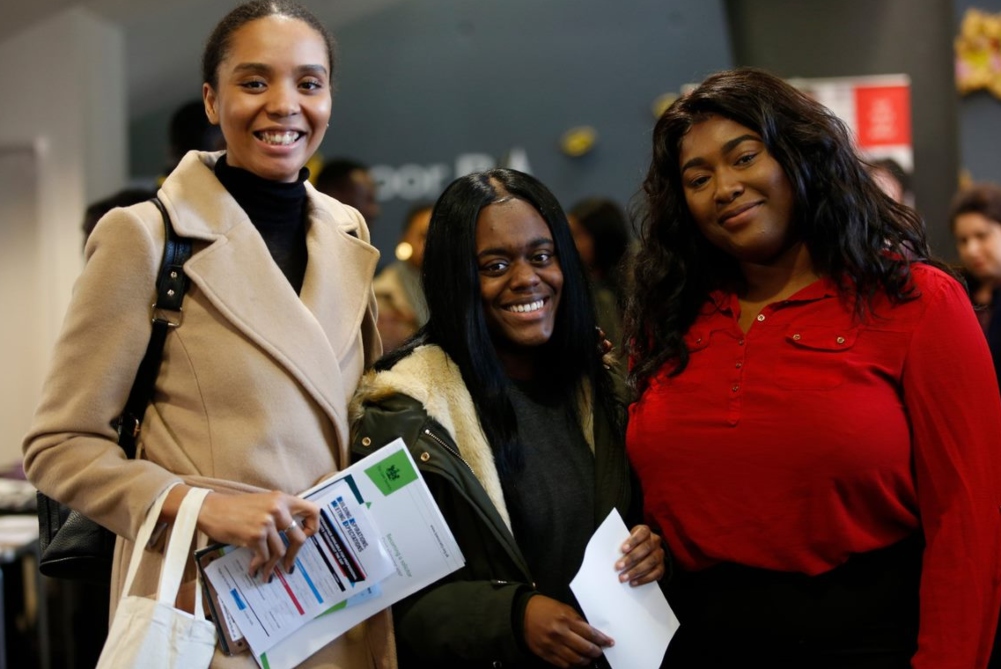
BAME Career Conference
In 2019, the event brought together 129 BAME students with 11 speakers and employers with strong track records in diversity to support BAME progression to graduate employment.
Diversifying the curriculum
To expand the discussions of decolonising the curriculum, a sub group of the BAME Student Success Working Group was established in September 2019 and has developed materials and resources in all disciplines in decolonising and diversifying their curriculum.
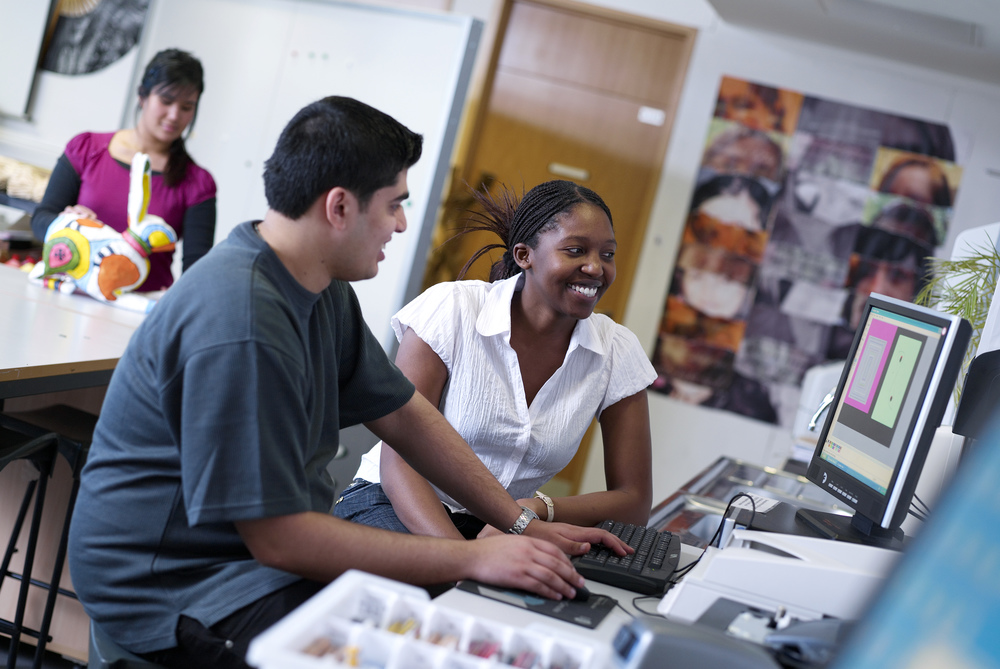
The majority (78.6%) of our staff are white and 19.4% identify as BAME. From the BAME total, 39% are Asian, 26% Black, 14% Chinese, 12% Mixed and 8% other. 60.18% of our students identify as BAME. This includes 28.46% Asian/Asian British, 17.30% Black/Black British, 4.71% mixed and 3.12% Chinese.
Student Leadership Training 2019
Within the Students’ Union Student Rep training, over 200 Elected Student Reps (47% BAME) were educated and informed about the University’s awarding gap and encouraged to start conversations with programme staff. In addition, 23 School Community Organisers were also trained (48% BAME), which saw three of the nine academic Schools give designated responsibility to focus on BAME student experience within their School.
Gender
In 2020 our median pay gap for females has decreased over 12 months from 16.19% to 14.33% and from 19.08% in 2017. To tackle the pay gap effectively, we are focused on driving improvements within our individual strategic business units.
Find out more about our initiatives.

Gender identity
Trans equality is an evolving equality area and the University launched its own trans guidance (including key processes, contacts and information) to support staff, managers and students. In addition, following a Gender-Neutral Toilet (GNT) pilot and university-wide staff and student consultations, we rolled out GNTs across both our College Lane and de Havilland Campuses. All new buildings will be equipped with in-built GNTs.
Health and wellbeing
The impact of COVID-19
The University recognises that COVID-19 is likely to have an impact on our mental and physical health. Our ‘people first’ approach is supporting staff and students through several initiatives, such as: delivering care packages to students, providing guidance documents and toolkits to assist managers in supporting their staff, and developing an online active programme to support health and wellbeing.
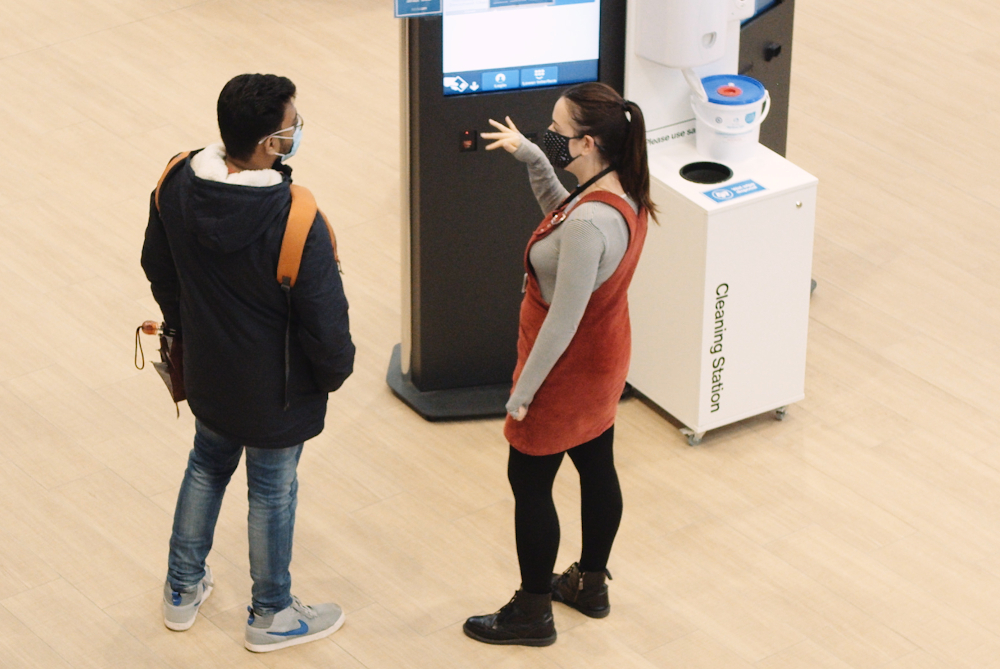
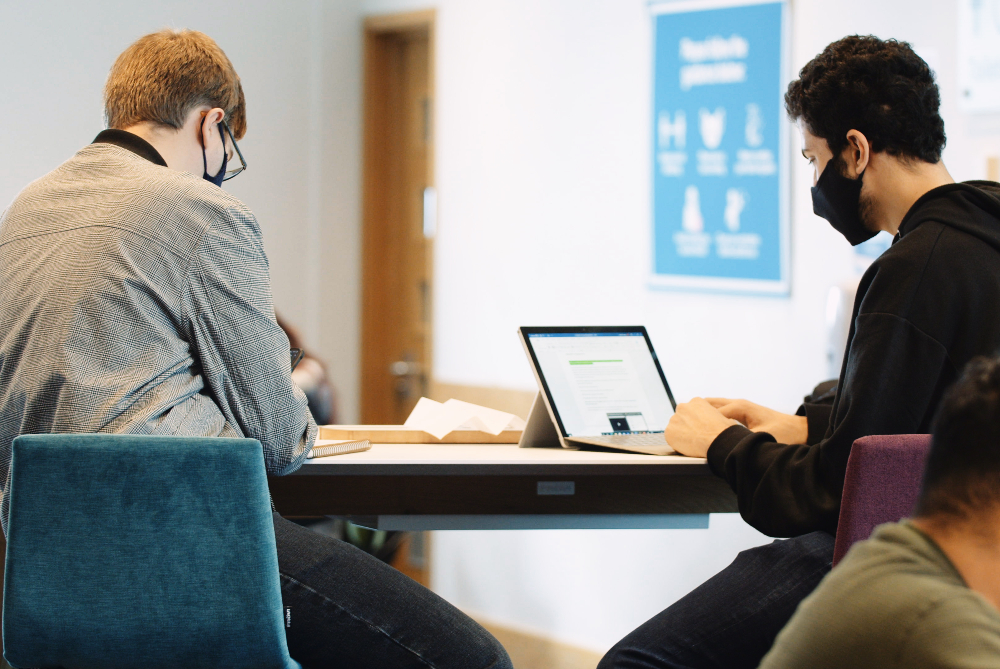
COVID-19 Relief Fund
The University raised a total of £122,874 for the fund, which was launched in March 2020 to support with the hardship students faced during the pandemic.
A Changed World project
COVID-19 has changed the way we live, work, and communicate. As part of the University's response, the Deputy Vice-Chancellor sponsored and launched a University-wide project called A Changed World. The project provided a platform for the University community in ongoing debates and discussions about the current changes happening all around us.
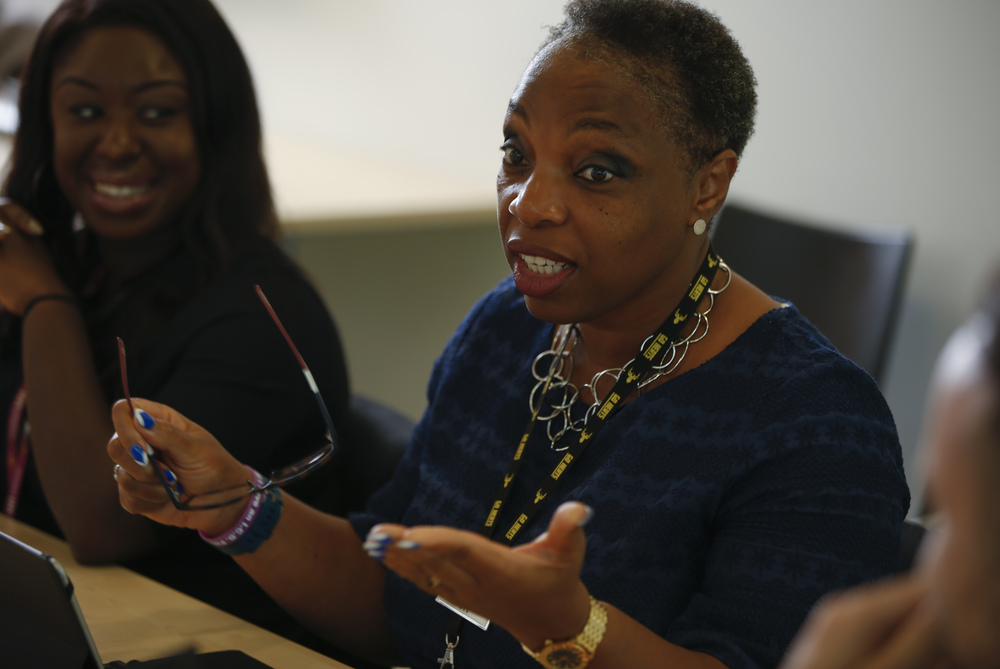
Staff Wellbeing Champions Network
The network was established to further support and improve the wellbeing of our employees. In 2019-20 network expanded to include 38 staff members across the University.


